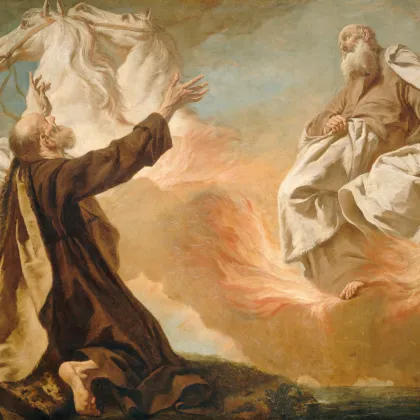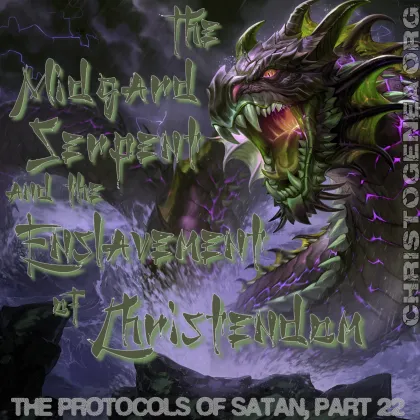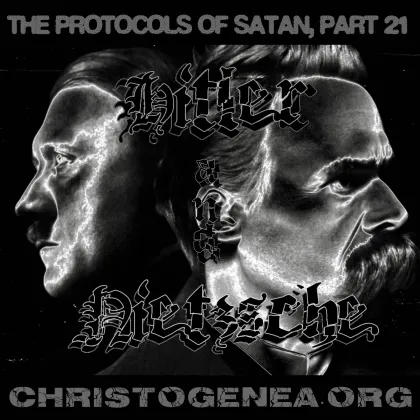The Protocols of Satan, Part 24: The Inevitable Failure of Democracy

The Protocols of Satan, Part 24: The Inevitable Failure of Democracy
In our last segment of this series presenting the Protocols of Satan, we really did not discuss the Protocols at all, except that it is certainly an agenda outlined in the Protocols that organized Jewry would plant their own agents at every point on the political spectrum, infiltrating every party and every prospective movement, latching onto every idea, jumping in at the front of every parade so that they can steer every political argument towards their own favor and their own agenda. For example, in Protocol 9 we read “People of all opinions and of all doctrines are at our service, restorers of monarchy, demagogues, Socialists, communists and other Utopians. We have put them all to work. Every one of them from his point of view is undermining the last remnant of authority, is trying to overthrow all existing order.” Now that the Jews through their banking system and assorted criminal enterprises have virtually monopolized the world’s political authority and have come to rule all of the world’s governments, we cannot imagine their endeavors to maintain control would be any different than the methods which they employed to gain control.
So in The Protocols of Satan, Part 23: Jewish Lies and Motivations we discussed the many so-called “self-hating” or “truth-telling” Jews and saw that while they appeared to be telling some truth, the lies which they perpetuated while doing so are much more dangerous than any confessions which they made concerning Jews. A love of truth and honest historical investigation would still exist without these imagined tattle-tale Jews, but in this manner they fulfill another agenda, outlined in Protocol 16 where we read them boast that “we shall swallow up and confiscate to our own use the last scintilla of independence of thought, which we have for long past been directing towards subjects and ideas useful for us.” In Protocol 13 we read “Growing more and more disaccustomed to reflect and form any opinions of their own, people will begin to talk in the same tone as we because we alone shall be offering them new directions for thought... of course through such persons as will not be suspected of solidarity with us.” With this we can only imagine why David Duke upholds so many Jewish lies as he pretends to be a herald revealing Jewish treachery, or perhaps why Andrew Anglin has an intense hatred for the ultimate truths found in Christian Identity. By wrongly attributing the Hebrew Scriptures to the Jews while complaining of disproportionate Jewish influence over world affairs, they are both in full agreement with the Jews, and they both fulfill those very words found in the Protocols.










 The notes to this program have now been posted at the new
The notes to this program have now been posted at the new 







 Please click here for our mailing list sign-up page.
Please click here for our mailing list sign-up page.







